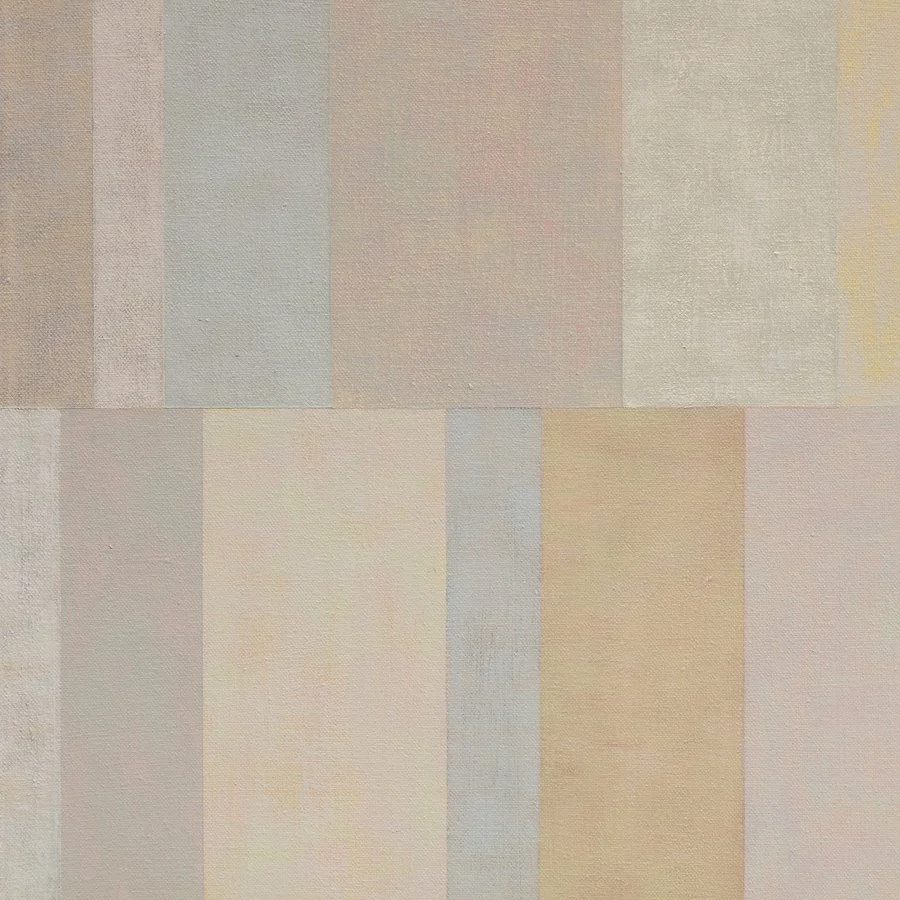Once the paintings are completed and it is time to have them go out into the world, they must be given a name. Some artists keep it descriptive ("Man with Pipe"), others keep it clinical ("Untitled #33"). I have always loved finding the right title for my works. I think it is a great opportunity for me to sit with the work when it is finished and reflect on its character. Writers will tell you the power of naming. We name something to try to understand it, to be able to talk about the phenomena it represents, to declare its existence, or to transform or influence dated perceptions. Names are powerful. They mean something.
As a visual artist, I think the title of the work is one last chance to get it right. I guess it's also one last chance to get it wrong - to add something to the work that may detract or distract from the experience of the painting itself. But I love it when it works. Lots of artists have played with the role of the title: Kara Walker's extravagant, narrative titles, John Baldessari's photographed text, Cy Twombly's integration of poetry and haikus, Whistler's borrowing from the language of music. I love these approaches. It's like the artist has given you a key to unlock the secrets that lie before you. It's a little poetic tease, a clue, a declaration of intention.
Which leads me back to my current problem. It's a big responsibility to give paintings a name. And with my new work, I feel like there may be an approach to the titles that I haven't identified yet. So time to brainstorm. I have to hurry up though - the paintings are leaving the studio soon.
As a visual artist, I think the title of the work is one last chance to get it right. I guess it's also one last chance to get it wrong - to add something to the work that may detract or distract from the experience of the painting itself. But I love it when it works. Lots of artists have played with the role of the title: Kara Walker's extravagant, narrative titles, John Baldessari's photographed text, Cy Twombly's integration of poetry and haikus, Whistler's borrowing from the language of music. I love these approaches. It's like the artist has given you a key to unlock the secrets that lie before you. It's a little poetic tease, a clue, a declaration of intention.
Which leads me back to my current problem. It's a big responsibility to give paintings a name. And with my new work, I feel like there may be an approach to the titles that I haven't identified yet. So time to brainstorm. I have to hurry up though - the paintings are leaving the studio soon.




